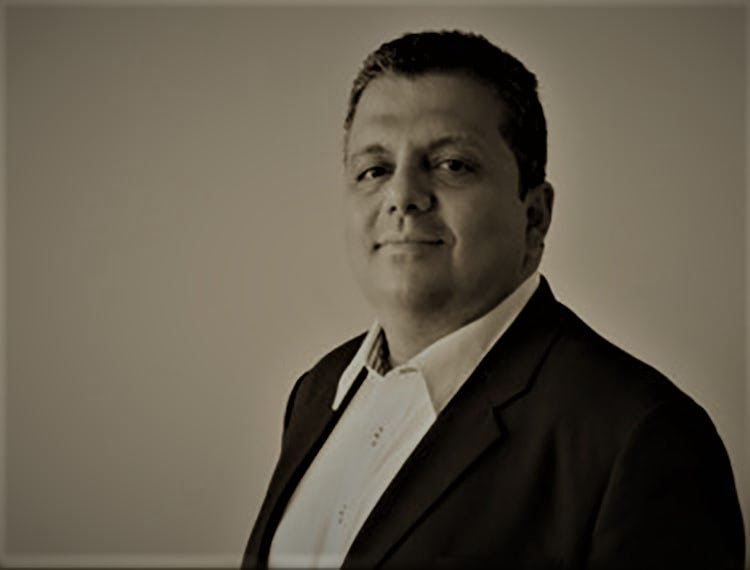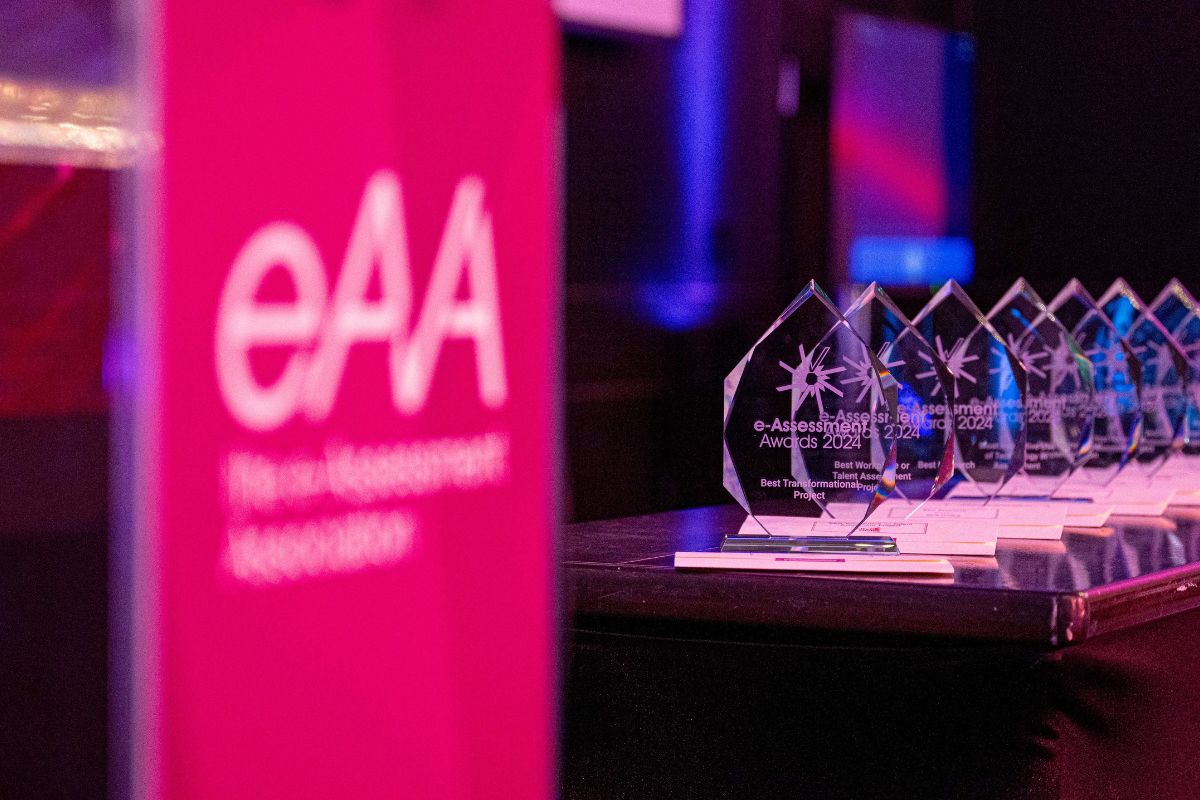Innovation in Education: Why it’s needed and where we should focus our efforts

Global education systems are some of the oldest institutions in the world, with practices that date back hundreds of years. But as the world continues to develop and the digital revolution accelerates following the COVID-19 pandemic, innovation will be increasingly integral to the education system.
But why is it needed and where should we focus our efforts?
To answer this question, one need only read the UNESCO Institute of Statistics’ (UIS) innocuously labelled Fact Sheet no 46, published in September 2017.
The report reveals shocking insights on education worldwide, estimating that “more than 617 million children and adolescents are not achieving minimum proficiency levels (MPLs) in reading and mathematics”.
That number represents more than half of all children and adolescents around the world.
Sadly, there is no evidence that this depressing picture of the state of global education has changed in any meaningful way in the intervening four years.
While the acute problems identified by UIS are primarily concentrated in the developing world, developed countries can hardly rest on their laurels when it comes to learning outcomes. According to the most recent report published by the OECD’s Programme for International Student Assessment (PISA) in 2018 – across all of the member states of this multilateral grouping that includes nearly all of the world’s most advanced economies – only around 25% of 15-year olds tested scored above the baseline level 3 (level 1 being the lowest and 6 the highest) in language, mathematics, and science.
More worrying perhaps is that fewer than 10% of those tested attained the highest levels (5 or 6) where students demonstrate that they are “able to comprehend lengthy texts, deal with concepts that are abstract or counterintuitive, and establish distinctions between fact and opinion, based on implicit cues pertaining to the content or source of the information” (language); and “capable of advanced mathematical thinking and reasoning” (mathematics). Again, there is no evidence to suggest that things have changed in the intervening three years.
Far too many education systems are failing to deliver basic foundational skills in language, mathematics, and science, with even the most advanced struggling to make the grade. As a consequence, without fundamental change, hundreds of millions of children and adolescents around the world will be denied the opportunities afforded by quality education, opportunities that in turn translate into gainful employment and social mobility.
To overcome these challenges and ensure that children have access to one of their basic rights, we need to innovate. At WISE, we are dedicated to building the future of education through innovation.
Our upcoming biennial summit, Generation Unmute: Reclaiming our Future through Education – which is taking place in Doha and virtually from 7-9 December 2021 – will look at various ways to achieve this in practice and help young people to thrive.
Sessions will explore:
Leadership:
From the McKinsey Global Institute to the World Bank, countless authoritative studies have concluded that education systems cannot rise above the level of their teachers.
That is why at WISE we look for solutions that build the capacity of teachers, department heads, and principals to become agile leaders of learning, able to adapt and innovate in the classroom in order to improve learning and life outcomes for the students under their care
Finance:
In education it has often been easier and more convenient to measure inputs rather than outcomes. Not surprisingly therefore, funding has often been directed accordingly.
At WISE we have long supported efforts to reorient funding for education towards outcomes, and that is why during our 2017 Summit we hosted the soft launch of the Education Outcomes Fund, championed (amongst others) by Gordon Brown, the former prime minister of the UK, and Sir Ronald Cohen, co-founder of venture firm Apax Partners
Technology:
Around the world, technology has disrupted and transformed industries and sectors, and while education has not been unaffected, the impact of technology has thus far been marginal.
At WISE we are not technology evangelists but through our Accelerator, we support evidence-based solutions that leverage technology to improve learning and life outcomes
Employability:
As highlighted above, education’s role as an engine of social mobility is faltering. Nowhere is this more true than in higher education, which is once again in danger of becoming the preserve of the well-to-do segments of society.
That is why at WISE we are excited by solutions like Generation and Akilah Institute – previous winners of our WISE Awards that effectively bridge the gap between education and employment for those who need it the most.
Stavros N. Yiannouka, CEO of the World Innovation Summit for Education (WISE)
Build the Future of Education
This article covers just some of the topics, organisations, and programmes that will feature at the WISE 2021 Global Summit taking place in Doha, Qatar, 7-9 December and online.
Thousands of education stakeholders and innovators from around the globe are set to convene in person and online for one of the largest and most influential gatherings to shape the future of education.
WISE 2021 will take place in Doha, Qatar and virtually on 7-9 December, under the theme: “Generation Unmute: Reclaiming our Future through Education”.











Responses